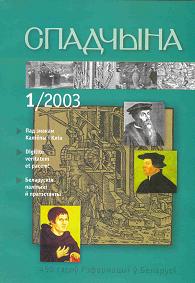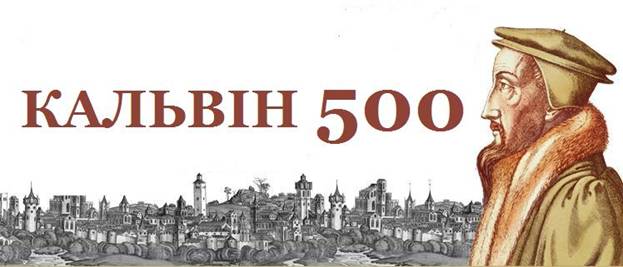 |
The Protestant Ethic and the Spirit of Capitalism
Max Weber It is a fact that the Protestants both as ruling classes and as ruled, both as majority and as minority, have shown a special tendency to develop economic rationalism which cannot be observed to the same extent among Catholics either in the one situation or in the other. Thus the principal explanation of this difference must be sought in the permanent intrinsic character of their religious beliefs, and not only in their temporary external historico-political situations.
As a matter of fact it is surely remarkable, to begin with quite a superficial observation, how large is the number of representatives of the most spiritual forms of Christian piety who have sprung from commercial circles. In particular, very many of the most zealous adherents of Pietism are of this origin. It might be explained as a sort of reaction against mammonism on the part of sensitive natures not adapted to commercial life, and, as in the case of Francis of Assisi, many Pietists have themselves interpreted the process of their conversion in these terms. Similarly, the remarkable circumstance that so many of the greatest capitalistic entrepreneurs--down to Cecil Rhodes--have come from clergymen's families might be explained as a reaction against their ascetic upbringing. But this form of explanation fails where an extraordinary capitalistic business sense is combined in the same persons and groups with the most intensive forms of a piety which penetrates and dominates their whole lives. Such cases are not isolated, but these traits are characteristic of many of the most important Churches and sects in the history of Protestantism. Especially Calvinism, wherever it has appeared, has shown this combination. However little, in the time of the expansion of the Reformation, it (or any other Protestant belief) was bound up with any particular social class, it is characteristic and in a certain sense typical that in French Huguenot Churches monks and business men (merchants, craftsmen) were particularly numerous among the proselytes, especially at the time of the persecution. Even the Spaniards knew that heresy (i.e. the Calvinism of the Dutch) promoted trade, and this coincides with the opinions which Sir William Petty expressed in his discussion of the reasons for the capitalistic development of the Netherlands. Gothein rightly calls the Calvinistic diaspora the seed-bed of capitalistic economy.
Even more striking, as it is only necessary to mention, is the connection of a religious way of life with the most intensive development of business acumen among those sects whose other-worldliness is as proverbial as their wealth, especially the Quakers and the Mennonites. The part which the former have played in England and North America fell to the latter in Germany and the Netherlands. That in East Prussia Frederick William I tolerated the Mennonites as indispensable to industry, in spite of their absolute refusal to perform military service, is only one of the numerous well-known cases which illustrates the fact, though, considering the character of that monarch, it is one of the most striking. Finally, that this combination of intense piety with just as strong a development of business acumen, was also characteristic of the Pietists, is common knowledge. It is only necessary to think of the Rhine country and of Calw. In this purely introductory discussion it is unnecessary to pile up more examples. For these few already all show one thing: that the spirit of hard work, of progress, or whatever else it may be called, the awakening of which one is inclined to ascribe to Protestantism, must not be understood, as there is a tendency to do, as joy of living nor in any other sense as connected with the Enlightenment. The old Protestantism of Luther, Calvin, Knox, Voet, had precious little to do with what to-day is called progress. To whole aspects of modern life which the most extreme religionist would not wish to suppress to-day, it was directly hostile. If any inner relationship between certain expressions of the old Protestant spirit and modern capitalistic culture is to be found, we must attempt to find it, for better or worse, not in its alleged more or less materialistic or at least anti-ascetic joy of living, but in its purely religious characteristics. Montesquieu says (The Spirit of Law, Book XX, chap. 7) of the English that they "had progressed the farthest of all peoples of the world in three important things: in piety, in commerce, and in freedom". Is it not possible that their commercial superiority and their adaptation to free political institutions are connected in some way with that record of piety which Montesquieu ascribes to them?
|
 |












